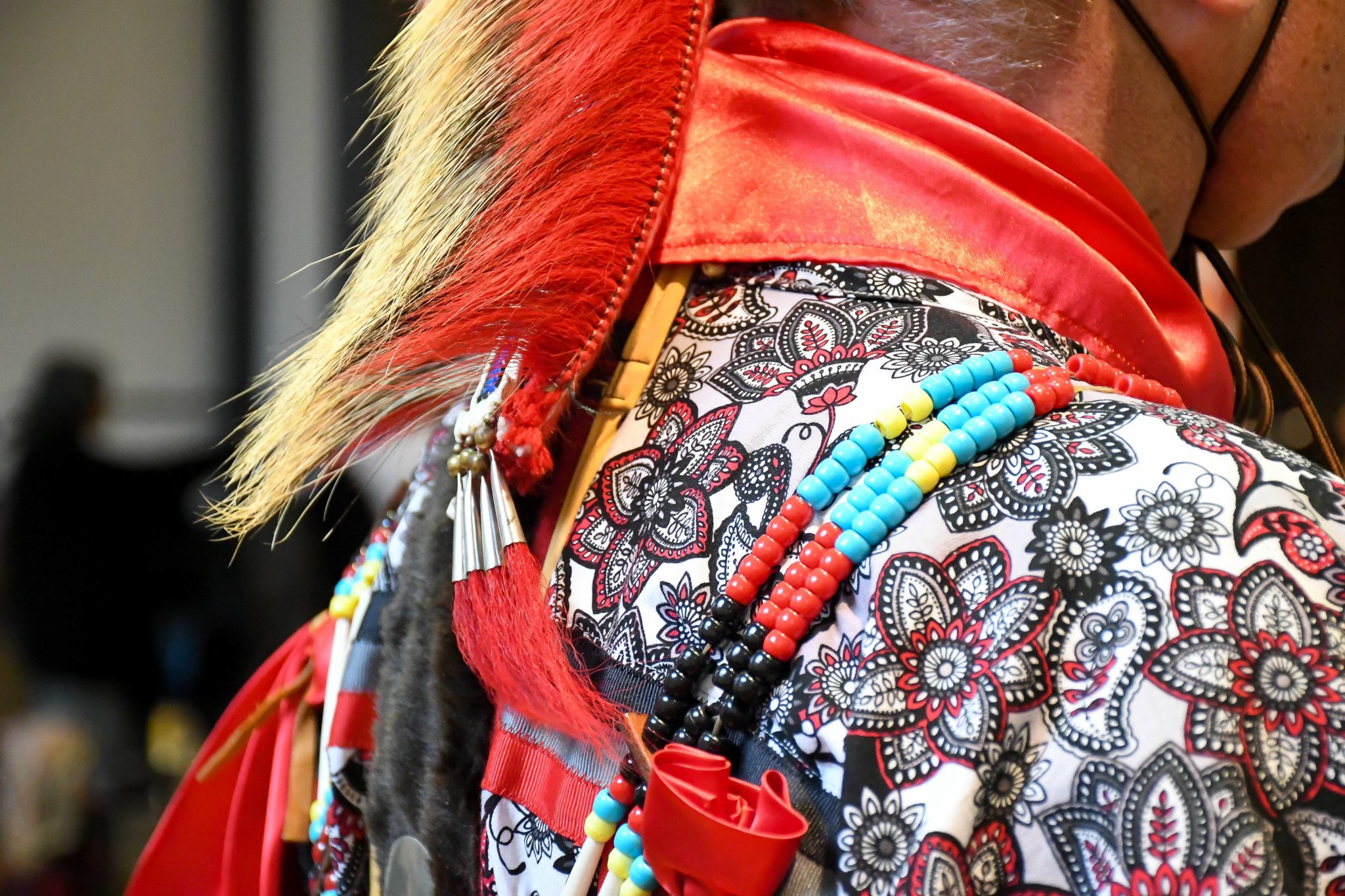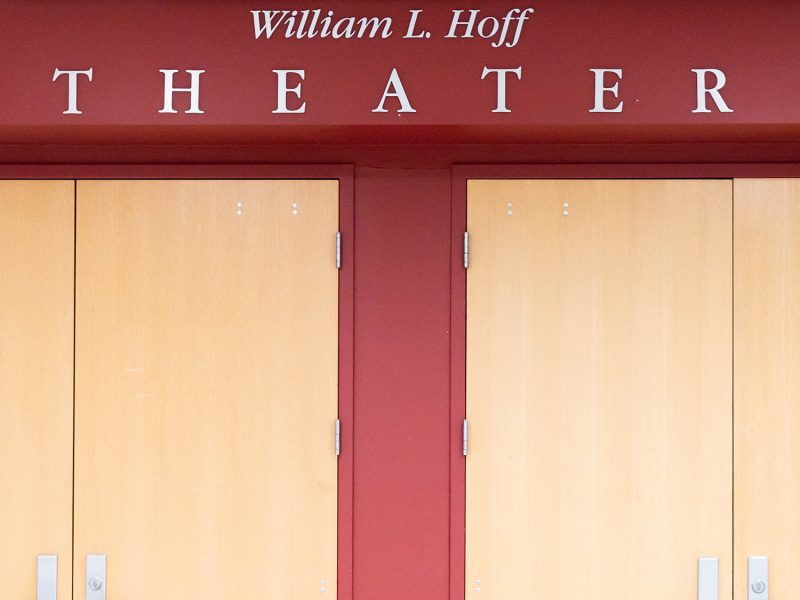Views expressed in opinion columns are the author’s own.
When I first heard about the University of Maryland’s land acknowledgment during my freshman year orientation, I was impressed. I had never heard of anything like that before, and I thought it was admirable that my university was willing to support Indigenous students and their nations.
I decided to do further research. I found the acknowledgement’s purpose is for this university to recognize the generations of history Piscataway people spent on this land. It is meant to be a sign of mutual respect and connection. In theory, this sounds beneficial — and like a step toward righting historical wrongs. But in practice it is clear how unsubstantial it really is.
The Piscataway people settled in Maryland more than 10,000 years ago. However, European colonists settled in the 1600s, broke treaties with Piscataway leadership and fully colonized their land.
If the best time to rectify this was when the tragedy happened, then the second best time is now. If the university wants to feel good about its land acknowledgment, it at least must compensate its Indigenous students financially, right?
Wrong. After researching Indigenous financial aid resources, it seems this university does not have any easily accessible financial compensation to back up the talk of honoring the Piscataway people whose land we reside on.
We are on stolen land, and the university has no plans to give it back. So if this university wants the land acknowledgment to mean something, then it must cover tuition in full for its Indigenous students.
This is not a new idea. Indigenous students enrolled at the University of Oregon are eligible for free tuition no matter where in the country they live. The University of Arizona covers all tuition and mandatory fees for full-time Indigenous undergraduate students from the state’s federally recognized tribes.
Two states — Michigan and Montana — have taken this a step further by allowing tuition waivers for Indigenous students enrolling in the states’ public colleges.
There is no reason that the University of Maryland cannot follow in the footsteps of these universities. It’s true this university has a lot of students — with more than 30,000 undergraduates enrolled — and has a lot of expenses to cover in its $2.49 billion budget. However, compared to the University of Arizona which has 10,000 more students, but a similar budget of $2.7 billion, it seems like there is wiggle room to reallocate funds.
One area that could have some excess funding is sports. The head coach of Maryland’s basketball team, Kevin Willard, makes around $4 million a year in supplemental income, which doesn’t include his base salary. Football coach Michael Locksley makes even more; his overall salary sits around $5.6 million.
This is just one example, but there are lots of places that the university could pull from to cover its Indigenous students. Less than one percent of the student population is Indigenous, so the price would not be steep for a university whose budget is in the billions.
This necessary intervention is made only more urgent by the recent reversal of affirmative action. Only 19 percent of college-aged Native Americans are enrolled in school. Taking the step to provide tuition compensation could provide education and opportunities to those who cannot afford it. The university can help lift the barrier put in place by affirmative action’s reversal and be a guide for other schools in Maryland to do the same.
More students with Indigenous affiliations would allow the university to really improve their Native American-based classes. Courses such as Native American Languages and Cultures or Comparative Black and Native American Literature would benefit greatly from the perspectives of students who are passionate and knowledgeable about the subjects. The university could even implement and benefit from an Indigenous studies minor to broaden its cultural education offerings.
The land acknowledgment is a statement of empty words and no action. Until this university funds Indigenous students’ education, it cannot honor the Piscataway people — and it should not proudly recite the land acknowledgment.
Isabella Cusack is a sophomore English and Public Policy major. She can be reached at icusack@umd.edu



